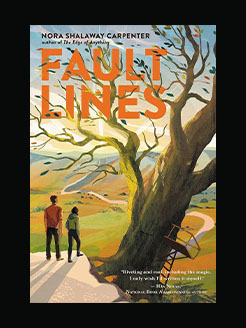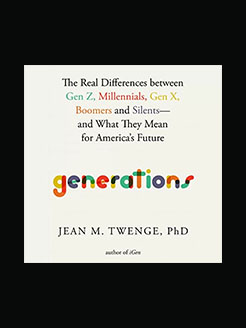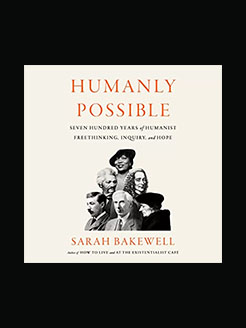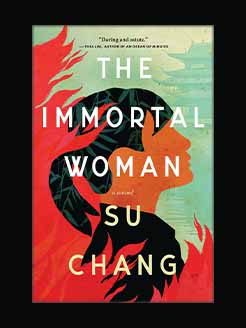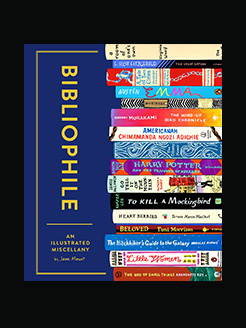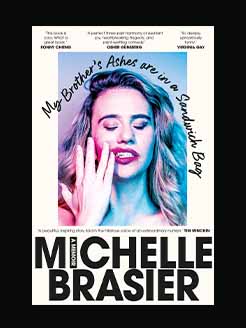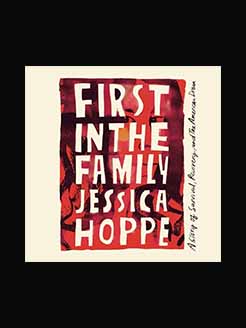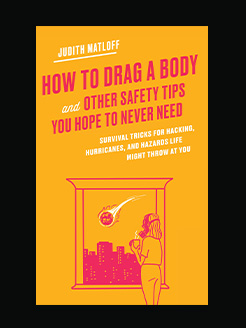Published in 1998 (first published 1856)
420 pages
Elizabeth Barrett Browning was one of the most respected poets of the Victorian era.
Born in County Durham, the eldest of 12 children, Browning was educated at home. She wrote poetry from around the age of six and this was compiled by her mother, comprising what is now one of the largest collections extant of juvenilia by any English writer. At 15 Browning became ill, suffering from intense head and spinal pain for the rest of her life, rendering her frail. She took laudanum for the pain, which may have led to a lifelong addiction and contributed to her weak health.
In the 1830s Barrett’s cousin John Kenyon introduced her to prominent literary figures of the day such as William Wordsworth, Mary Russell Mitford, Samuel Taylor Coleridge; Alfred, Lord Tennyson, and Thomas Carlyle. Browning’s first adult collection The Seraphim and Other Poems was published in 1838. During this time she contracted a disease, possibly tuberculosis, which weakened her further. Living at Wimpole Street, in London, Browning wrote prolifically between 1841 and 1844, producing poetry, translation and prose. She campaigned for the abolition of slavery and her work helped influence reform in child labour legislation. Her prolific output made her a rival to Tennyson as a candidate for poet laureate on the death of Wordsworth.
Browning’s volume Poems (1844) brought her great success. During this time she met and corresponded with the writer Robert Browning, who admired her work. The courtship and marriage between the two were carried out in secret, for fear of her father’s disapproval. Following the wedding she was disinherited by her father and rejected by her brothers. The couple moved to Italy in 1846, where she would live for the rest of her life. They had one son, Robert Barrett Browning, whom they called Pen. Towards the end of her life, her lung function worsened, and she died in Florence in 1861. A collection of her last poems was published by her husband shortly after her death.
Browning was brought up in a strongly religious household, and much of her work carries a Christian theme. Her work had a major influence on prominent writers of the day, including the American poets Edgar Allan Poe and Emily Dickinson. She is remembered for such poems as “How Do I Love Thee?” (Sonnet 43, 1845) and Aurora Leigh (1856).
What is this book about?
Aurora Leigh is the foremost example of the mid-nineteenth-century poem of contemporary life. This verse-novel is a richly detailed representation of the early Victorian age. The social panorama extends from the slums of London, through the literary world, to the upper classes and a number of superb satiric portraits: an aunt with rigidly conventional notions of female education; Romney Leigh, the Christian socialist; Lord Howe, the amateur radical; Sir Blaise Delorme, the ostentatious Roman Catholic; and the unscrupulous society beauty Lady Waldemar.
However, the dominant presence in the work is the narrator, Aurora Leigh herself. From early years in Italy and adolescence in the West Country to the vocational choices, creative struggles, and emotional entanglements of her first decade of adult life, Aurora Leigh develops her ideas on art, love, God, the Woman Question, and society.
This is the first critically edited and fully annotated edition for almost a century.
This verse-novel tells the story of a female writer, balancing work and love. It is and based on Elizabeth’s own experiences.
Excerpt:
Aurora Leigh.
First Book.
Of writing many books there is no end;
And I, who have written much in prose and verse
For others’ uses, will write now for mine, –
Will write my story for my better self,
As when you paint your portrait for a friend,
Who keeps it in a drawer, and looks at it
Long after he has ceased to love you, just
To hold together what he was and is.
I, writing thus, am still what men call young
I have not so far left the coasts of life
To travel inland, that I cannot hear
That murmur of the outer Infinite
Which unweaned babies smile at in their sleep
When wondered at for smiling; not so far,
But still I catch my mother at her post
Beside the nursery-door, with finger up,
“Hush, hush, here’s too much noise!” while her sweet eyes
Leap forward, taking part against her word
In the child’s riot. Still I sit, and feel
My father’s slow hand, when she has left us both,
Stroke out my childish curls across his knee,
And hear Assunta’s daily jest (she knew
He liked it better than a better jest)
Inquire how many golden scudi went
To make such ringlets. O my father’s hand,
Stroke heavily, heavily, the poor hair down,
Draw, press the child’s head closer to thy knee!
I’m still too young, too young, to sit alone.
